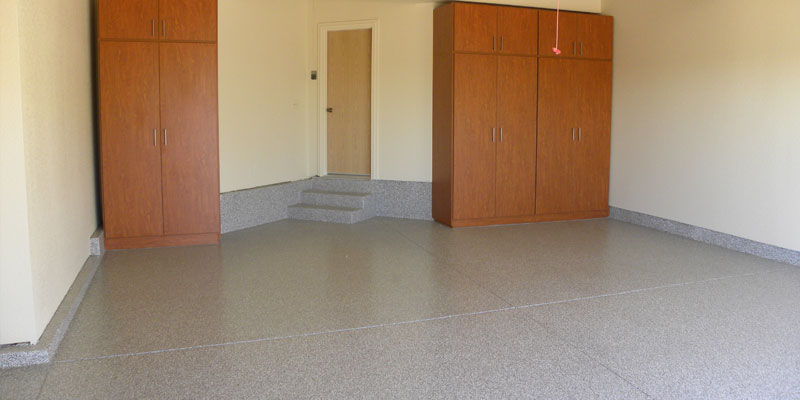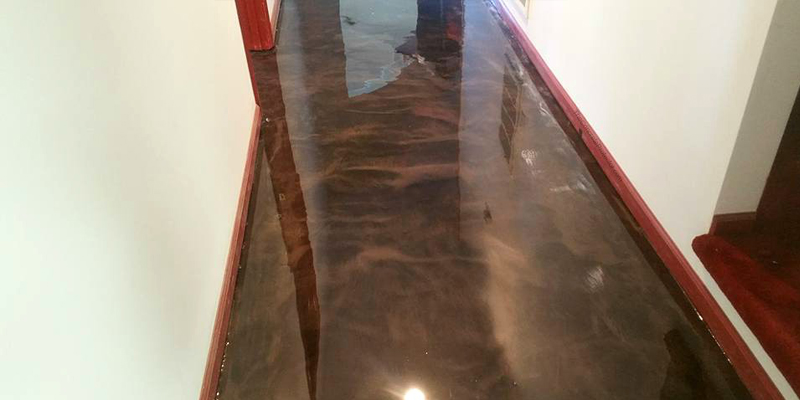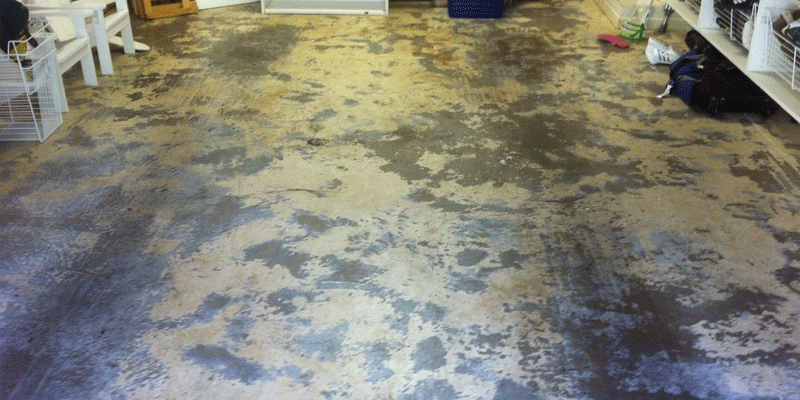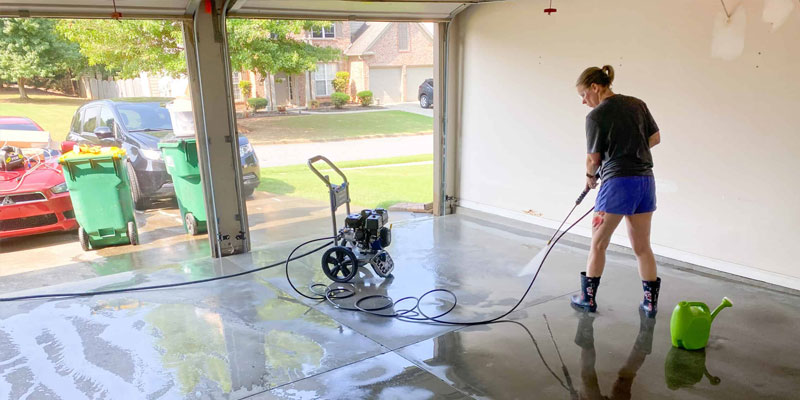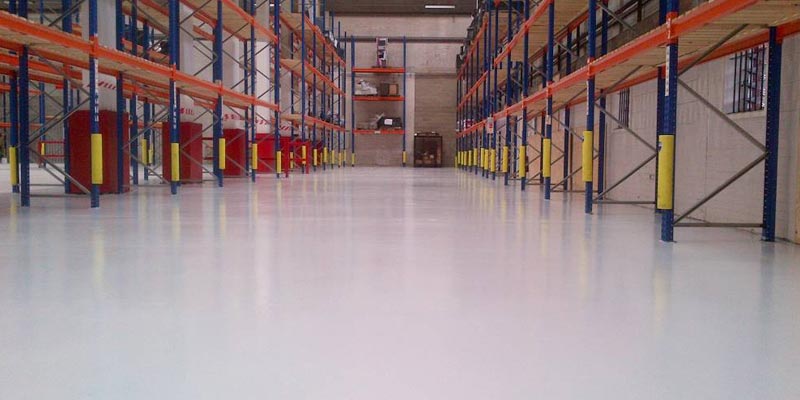What Makes Industrial Floor Coatings So Durable
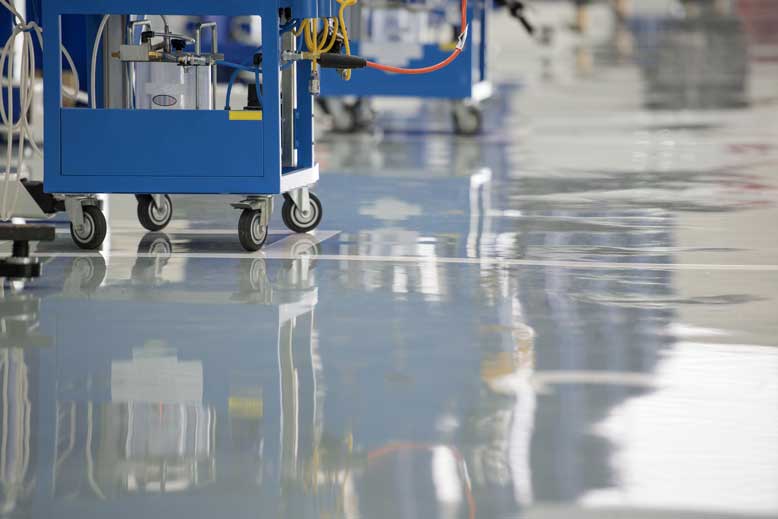
Industrial floor coatings such as epoxy and polyurea offer outstanding protection to floors exposed to constant wear and tear. Many times, they are applied over existing worn-out surfaces, including concrete and asphalt. Industrial floors that operate under harsh conditions require durable coating systems that can withstand daily traffic and frequent spills. At the same time, they should be easy to clean and maintain. Floor coatings play a key role in all these requirements:
Industrial flooring must be extremely strong, but it also needs to have a decorative quality so projects can be tailored for individual customer needs. That’s where custom floor finishes come in – as an attractive option for customers with upscale tastes as well as those who need tough protective coatings for their industrial floors.
Industrial floor coatings offer excellent abrasion and impact resistance, chemical resistance to industrial chemicals and spills, as well as long service life. To satisfy individual customer requirements for industrial flooring projects, the range of products includes both standard industrial coatings as well as custom epoxy finishes that can be applied over existing surfaces or entire new floors, depending on the project’s needs.
ABRASION AND IMPACT RESISTANCE
Epoxy is an extremely strong material – in fact it has a higher shear strength than steel – but when applied to industrial floors its performance depends on a perfect balance between surface hardness and flexibility. The more elastic (flexible) the coating, the better it will resist abrasion and impact from forklift traffic, loaders, and other heavy equipment.
Epoxy floor coatings generally have a higher abrasion resistance than polyurea, at least in the first few years of service – but this advantage diminishes over time as the epoxy surface gradually wears down through traffic and use. Polyurea usually outlasts epoxy because it offers greater hardness right from the start – yet it is still flexible enough to provide long-term protection against abrasion and impact. Both types of industrial flooring can be formulated so they are highly resistant to chemical spills, including those containing oil or gasoline.
Cleaning Power
In addition to being extremely hard and very durable, industrial floors must also be easy to clean. The floor’s coating needs to be resistant to the chemicals used in many common cleaning solvents, yet at the same time, it must be able to release soil easily when pressure-scrubbed with a detergent solution. Polyurea generally has better release characteristics than epoxy because of its higher surface energy and lower viscosity. For this reason, polyurea also tends to resist staining from spilled hydraulic fluids, glycol products, or other chemicals that can cause long-term damage when left on a surface over an extended period.
Chemical Resistance
Epoxy is very resistant to most chemical spills when applied correctly – but under certain conditions, some esters and amine hardeners will attack concrete substrates if moisture seeps through cracks in the surface. In these cases, polyurea is a better choice for industrial flooring because it has a lower moisture permeability and much higher chemical resistance than epoxy.
VERSATILE APPLICATIONS
Epoxy coatings can be applied to virtually any substrate – including bare concrete, asphalt, and existing coatings – while polyurea flooring usually gets its start as a two-component coating system that can be used to resurface or renovate an existing floor. In both cases, heavy equipment traffic causes the flooring to break up over time through impact and abrasion, so it’s important to have a proven formula that will provide long-lasting performance with minimal maintenance requirements.
In conclusion: Although either type of industrial flooring can be used for a wide range of applications, the long-term performance of both epoxy and polyurea is influenced by many factors including surface hardness, chemical resistance, and ease of application.

